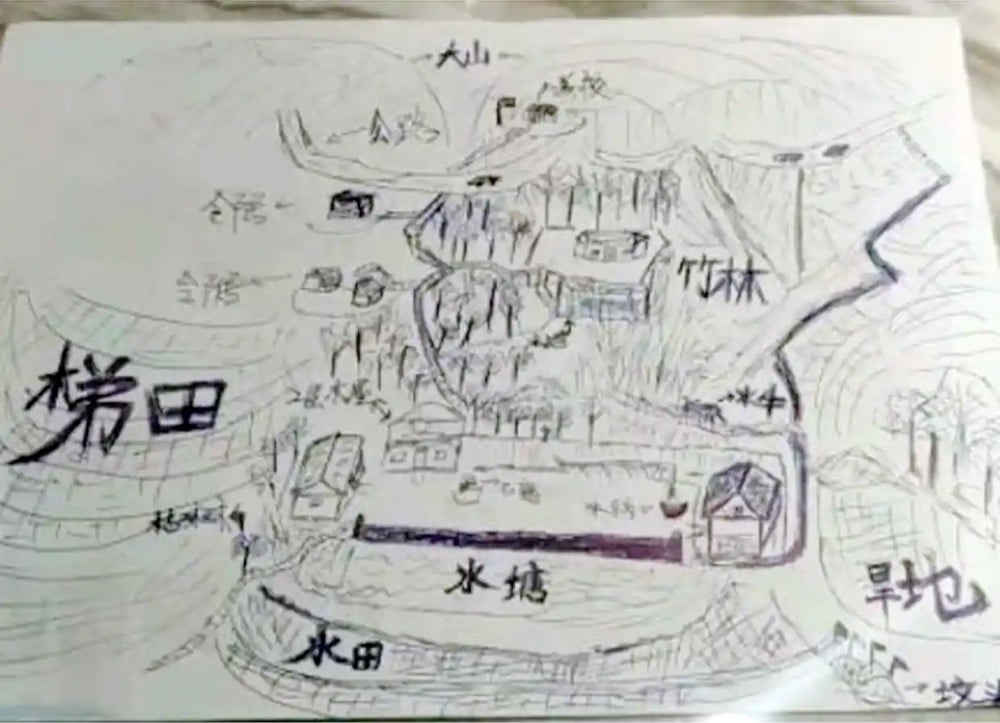From earlier this summer, The Kidnapping I Can’t Escape is a great piece by Taffy Brodesser-Akner about the real-life kidnapping that inspired her recent novel, Long Island Compromise.
Jack was home safe. He had survived his kidnapping. But the actual kidnapping is not what this story is about, if you can believe it. It’s about surviving what you survived, which is also known as the rest of your life.
It’s also about, spoiler alert, trauma.
Tolstoy tells us that all happy families are alike and that each unhappy family is unhappy in its own way. A few years ago, I wrote a different novel, my first novel, about divorce, which was inspired in part by the divorce stories of several people I know, and I came to the conclusion that, actually, all divorces are exactly alike. I tell you this because I’ve now come to understand the same thing about trauma: Happy, well-adjusted people are all different. The traumatized are exactly alike. I’m about to tell you a story that is nothing like a violent kidnapping — almost laughably so — but what I’ve learned over the years is that trauma is trauma. Something terrible happens, beyond what is in our own personal capacity to cope with, and the details don’t matter as much as the state we’re thrown into. Our bodies and brains have not evolved to reliably differentiate a rape at knife point from a job loss that threatens us with financial ruin or from the dismantling of our world by our parents’ divorce. It’s wrong, but explain that to your poor, battered autonomic nervous system.
Like I said, it’s a great piece and you should read the whole thing. The piece is also available, with some additional author commentary, on this episode of The Daily podcast.

A Chinese man who was abducted from his family when he was four years old recently found his mother by drawing a map of his village from memory and posting it online. From The Guardian:
Thirty years ago, when Li Jingwei was four years old, a neighbour abducted him from his home village in China’s Yunnan province and sold him to a child trafficking ring.
Now he has been reunited with his mother after drawing a map of his home village from his memories of three decades ago and sharing it on a popular video-sharing app in the hope that someone might be able to identify it.
“I’m a child who’s looking for his home,” Li said in the video. Unable to recall the name of his village or his address, Li’s recollection and reconstruction of the village’s key features - including a school, a bamboo forest and a pond - proved crucial.
“I knew the trees, stones, cows and even which roads turn and where the water flows,” Li said in an interview with the Paper, a Chinese media outlet.
When I first read this story, I was interested in the incredible drawn-from-memory map but now I’m wondering about what kind of relationship Li has with the people who arranged to have him abducted (which the article calls his “adoptive parents”??!?) (via the morning news)
Gustavo Zamora Jr., a former Army ranger, has retrieved more than 50 children for parents left behind when someone else takes the kid to another country. Nadya Labi tags along as Zamora attempts to recover a boy from Costa Rica for Florida lawyer Todd Hopson.
If your ex-spouse has run off and taken your children abroad, and the international legal system is failing to bring them back, what are you to do? One option is to call Gus Zamora, a former Army ranger who will, for a hefty fee, get your children back. Operating in a moral gray area beyond the reach of any clear-cut legal jurisdiction, Zamora claims to have returned 54 children to left-behind parents. Here’s the story of number 55.






Stay Connected